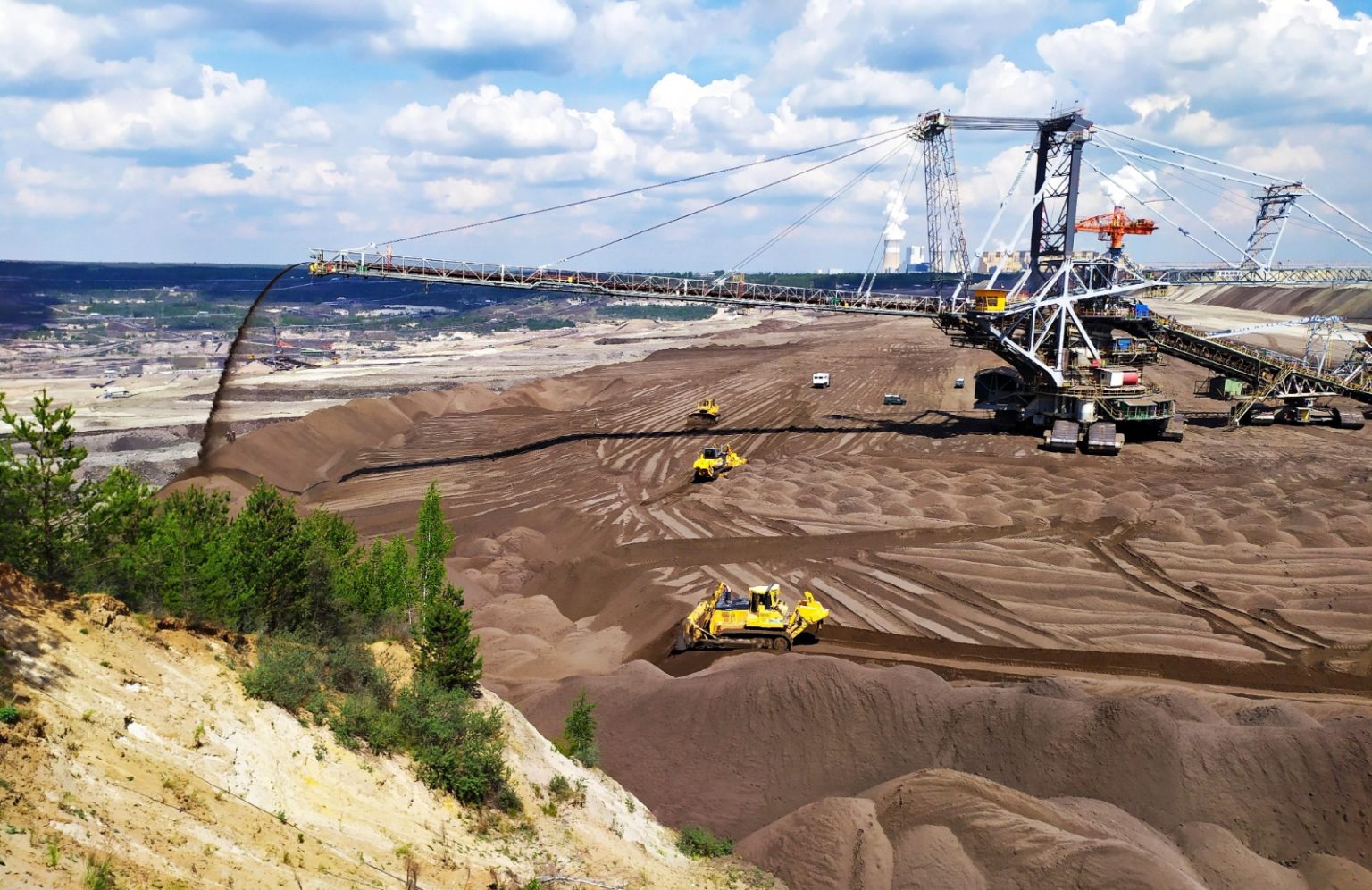What goes in Poland on 11th of April.
Miners demand investment in lignite open pit mine in Złoczew
The Odkrywka KWB Bełchatów trade union wrote in a statement that the updated PEP 2040 should include a provision on opening the investment in Złoczew without which a gap that is difficult to cover will emerge in Poland’s energy system. „Beforehand, it was decided that gas will be the transition fuel during the energy transformation, but unfortunately the war in Ukraine quickly revised these plans and today this idea is no longer on the table. In our opinion, Poland, as a country with huge deposits of hard coal and lignite, as well as accompanying minerals, should be in charge of using these resources, which have been a stable source of energy since the dawn of history,” the trade union continued.
„The investment in the Złoczew mine would fit into the concept of a just transition and would stabilize the Polish energy sector. We are aware that wind energy and photovoltaics alone are not able to provide us with sufficient amounts of energy, they could only be an addition. Professor Władysław Mielczarski from the Łódź University of Technology, a highly regarded expert on energy, has pointed out that after 2025 Poland will miss 600 hours of energy a year. This means there would be no power for one month a year,” the trade union stressed.
Odkrywka KWB Bełchatów also warned: „without opening the Złoczew open pit mine, a huge hole will appear in the energy system, which will be difficult to fill in, and which will definitely not be covered by PV cockery or other wind turbines. Giving up coal in a revolutionary way will not improve the ongoing climate change, on which man and the economies of the world have little impact. Such a revolutionary approach to decarbonization will only accelerate the process of socio-economic poverty in our country! We will not give up without fighting for the sovereignty and energy security of the country! Polish energy from Polish coal!”.
Wysokie Napięcie / Jacek Perzyński
EDF wants atom in Poland and strikes deal with China
According to the German portal Handelsbatt, during the French President’s visit to China, the countries held business talks which were concluded with a number of deals, including one for EDF, which is trying to get a contract for a nuclear power plant in Poland.
Despite all the concerns about China, the expansion of economic cooperation was an important topic of the visit. President Macron’s delegation included more than 50 representatives. Numerous agreements have been signed. Airbus, for example, announced it would double its production capacity in China and open a second assembly line in Tianjin.
However, it looks like the most interesting highlight of Macron’s visit to Beijing was EDF inking a deal on nuclear and wind energy. In addition, a French-Chinese study is to explore the contribution of nuclear energy to achieving climate goals.
France’s EDF is one of the three players applying for a contract for the construction of nuclear power plants in Poland. The first location was awarded to the American Westinghouse, and Korea’s KHNP is to build a „private” project with PGE (state-owned company – ed.) and ZE PAK (private company – ed.). The French offer was on the table, but no deal was made.
Handelsblatt / Wojciech Jakóbik / Bartosz Siemieniuk
Russian journalist calls for attack on Baltic Pipe
Russian military journalist Mikhail Markelov has called for his country to retaliate against gas pipelines from Norway to Poland and Britain.
„When terrorist attacks rocked Russia in the 1990s, the terrorists were caught or eliminated, including on the territory of other countries. Was the explosion of the Nord Stream 1 and 2 gas pipelines not a terrorist attac?,” Markelov wrote on Telegram, quoted by Russian media.
„Yes, people didn’t die in the attack, but our country lost billions. Now we are listening about international law, and also about the fact that we can not take part in the investigation. We don’t have permission? So what? What should be the answer? Are we going to talk about the law with the countries that carried out this terrorist attack?,” Markelov wrote. He referred in this way to the suggestions made by the Kremlin that Western intelligence services were behind the sabotage of Nord Stream 1 and 2. The Russians talked first about the British MI6, and then the CIA. Now theories about the involvement of Ukraine and Poland are being circulated.
Markelov wrote about two gas pipelines running from Norway – to Great Britain (Langeled) and Poland (Baltic Pipe). Together the pipes’ capacity is comparable to the capacity of Nord Stream 1 and 2, which in the opinion of the Russian journo make them the perfect target for retaliation. In his view, Russia should attack the pipes, and then say that it was not its doing, and call for an international investigation. „This will not be revenge, but inevitable retribution,” he wrote on Telegram.
This is a reaction to the decision of the UN Security Council, which did not agree to an international investigation into the sabotage of Nord Stream 1 and 2. Markelov’s suggestion was met with mixed comments from Russian analysts, with some backing the idea and others warning of an escalation.
EA Daily / Wojciech Jakóbik









